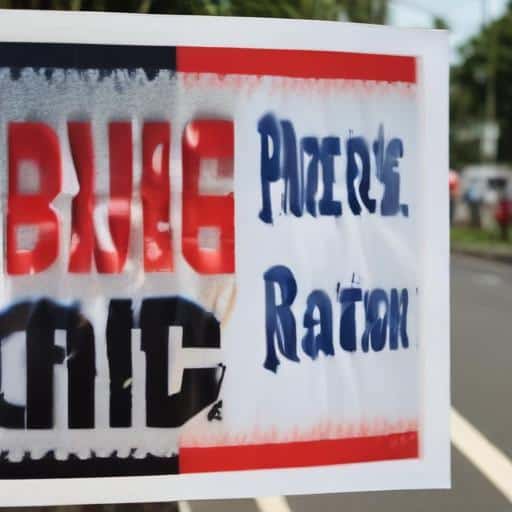Three significant industries are currently facing strikes as negotiations have reached a deadlock, according to reports from May 20, 1982. A halt in work was observed at the Central Monetary Building construction site when foremen and salaried staff joined 164 other protesting employees, voicing their discontent over unresolved pay rate discussions.
Project manager Dick Elder expressed disappointment, stating that the striking workers violated an existing agreement, leading management to terminate their contracts and seek new hires. This situation incited further protests among non-striking employees due to the engagement of replacement workers.
The strikes emerged after negotiations over pay rates failed, and attempts at conciliation by officials from the Ministry of Labour also did not yield results. Union General Secretary Apisai Tora indicated his willingness to undergo arbitration, stating, “I fail to see why the FMBA is hedging, after all, the award is binding on both parties.”
In a show of solidarity, the Building Workers Union president Noor Khan reported that 200 union members left their posts at the Monasavu hydro project in support of those striking in Suva. Meanwhile, discussions progressed at Carpenters industrial division in Walu Bay, where some resolution was noted, although tensions still remained regarding the conduct of a non-union foreman which incited a strike involving 200 tradesmen.
Notably, a separate strike occurring in Lautoka concluded the previous day after a disgruntled worker was reinstated. Concurrently, discussions continued in Labasa, led by Ian Thomson, the independent chairman of the Fiji Sugar Industry, to resolve issues between the Fiji Sugar Corporation and the FSC Clerks and Supervisors Association.
This situation reflects the ongoing challenges within industrial relations in Fiji, echoing past strikes, such as that of the Mark One Apparel factory in 1990, where workers protested for unmet wage commitments. There remains optimism that with continued dialogue and mediation, equitable resolutions can be formulated to address the workers’ grievances and improve labor relations.

Leave a comment